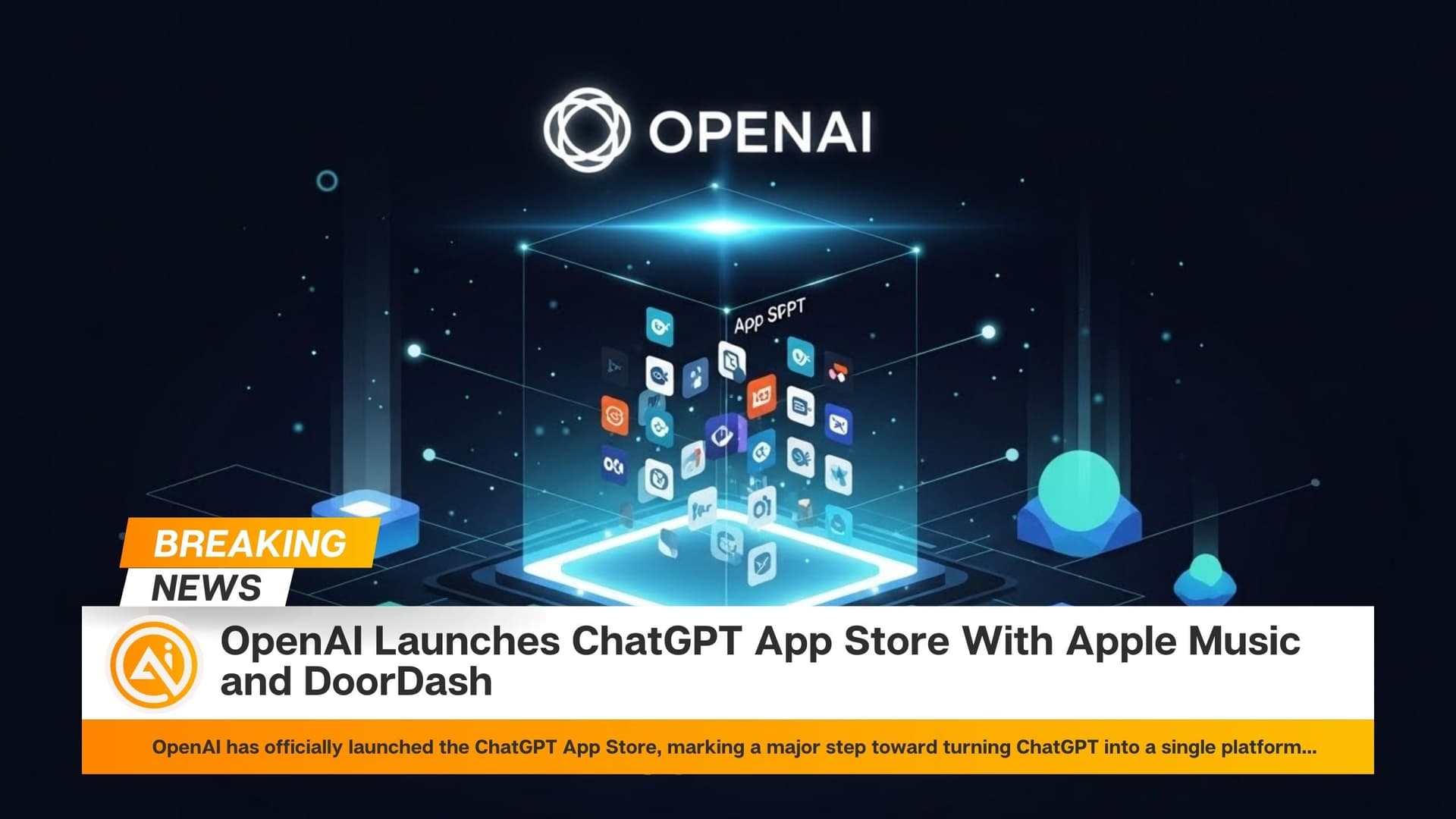Meta is pushing back against claims made by OpenAI CEO Sam Altman that it has been offering massive bonuses, up to $100 million, to lure his company’s top talent. During an internal company-wide meeting on Thursday, Meta CTO Andrew Bosworth directly addressed Altman’s remarks, calling them dishonest and misleading. He stated that Altman exaggerated the situation by implying such offers were widespread when, in fact, they apply only to a small group of high-level candidates.
Bosworth dismissed the idea that Meta is broadly offering enormous sign-on bonuses, clarifying that Altman left out important details about the structure of these offers. According to Bosworth, the compensation Altman referred to is not strictly a sign-on bonus but a combination of various incentives typically extended to select individuals being recruited for Meta’s new superintelligence AI division.
He emphasized that while the AI job market is competitive, Altman’s comments distort the reality. “Sam is known to exaggerate,” Bosworth said, suggesting Altman’s public statements stem from frustration over Meta’s success in attracting talent from OpenAI. Bosworth also confirmed that some OpenAI researchers have already joined Meta and hinted that more are expected to follow, though he refrained from naming them.
The comments were made in front of many new employees currently participating in Meta’s engineering bootcamp, a foundational onboarding program that helps integrate recent hires into various teams. Bosworth’s remarks appeared to serve both as a rebuttal to OpenAI’s narrative and as reassurance to Meta’s workforce about the company’s position in the fast-moving AI sector.
The exchange highlights the growing rivalry between tech giants in the race for artificial intelligence expertise. As AI capabilities continue to evolve, securing top talent has become a critical battleground.
Meta’s leadership remains confident in its recruitment strategy, despite public tension with OpenAI’s leadership. The company is also rumored to be in discussions to acquire smaller AI firms such as Thinking Machines, Perplexity, and Safe Superintelligence, reinforcing its ambition to lead in the next wave of AI development.
